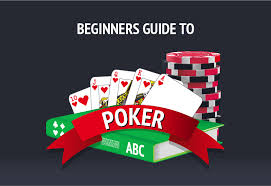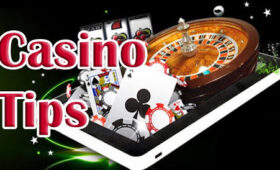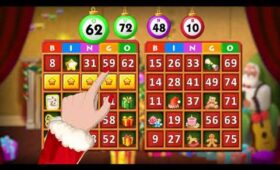Poker is a game of betting and trying to make the best hand. Everyone knows that, so it is common knowledge that if you are new to the game you should start off playing at home with friends and family so that you can understand what is happening. Unfortunately, home poker games can be stressful and difficult if you are new to the game. Your friends and family want you to enjoy yourself, however, so they may be against one of your strategies.
The way poker works is you are dealt five cards each game. You can choose to bet (the best of the five cards you have), check, or fold (where you don’t bet and don’t play). You can also choose to raise, option to increase the bet, or go all-in. This will be based on the cards you have as well as what your opponents’ cards are. The best five card hand wins, and you can also get a bonus for getting a particular hand. The four ways to bet in poker are fold, bet, check, and raise.
The Flop
After the first round of betting, each player is dealt three cards, face down on the table. These are called the flop. Another round of betting then ensues, starting with the person to the left of the dealer. As the flop is turned over, players will figure out what their chances are of getting a good hand. This is called the “Rtp Live Hari Ini.” If you, for example, have a of three hearts in your hand, and there are two other hearts in the flop (such as the A and a the K), then you have a three out of the five cards that can make up your hand. At this point, you have a “flush” or a “full house.” If you have another copy of the same suit, you have a “full house” again. Since there are thirteen cards in a suit, this gives you a total of eighteen outs. Odds are that you will not get the card you need and you will not make your hand, so you need to subtract your outs to the total number of outs to come up with a total practical odds number. This is where the art of card counting comes into play.
Board Advantage
However, instead of figuring out your odds in the specific situation in the above paragraph, you can instead determine your probability of winning in the entire deck of cards. For example, two is such a lucky card because there are four deuce cards, and three of them are what will help you. If you are such a lucky person that you can always get an ace, king, queen, or jack, then you have a total of eight outs. However, if you do not have any of those cards, but you do have three cards, then you have a total of fifteen outs. However, you can not use all of your outs every time, because you want to maximize your chances of winning.
For example, you have a pair of fives, and you are in fifth street. If you roll an eight, your five cards are no longer useful to you, and you only have ace and five, which gives you nobody but a pair. On the other hand, if you roll nine, you have a set that can come out before you go out. However, if you roll ten, you are out of the hand. So, you want to count your outs, and determine your probability of winning, before you count them.
The cards have meaning behind them, too. Ace is the highest, followed by king, queen, jack, and ten. The Ace is highest because it is the first card. The king is the one that comes after the Ace. The queen is the one that comes after the king. The jack is the one that comes after the queen. And, the 10 is the highest total card.
Probability of being successful
The likelihood of being successful is determined by the cards you have and what those cards mean to the other people playing. In other words, it is how many of those cards help you, and how many will help your opponents.
While you will not win every hand, you should win more than you allow yourself to. You are not going to win the hand, so you want your cards to do as much as possible. If you and your partner both have a strong hand, this can make for an interesting showdown. However, when you have a high pair but your opponents are not holding strong hands, you will not get as much benefit as you would have if you were holding strong cards in order to win the showdown.
How deep searching does your hand go?
The measure of thoroughness is indicated by the amount of hand that has been played – or not played – before you decide to call or fold.




